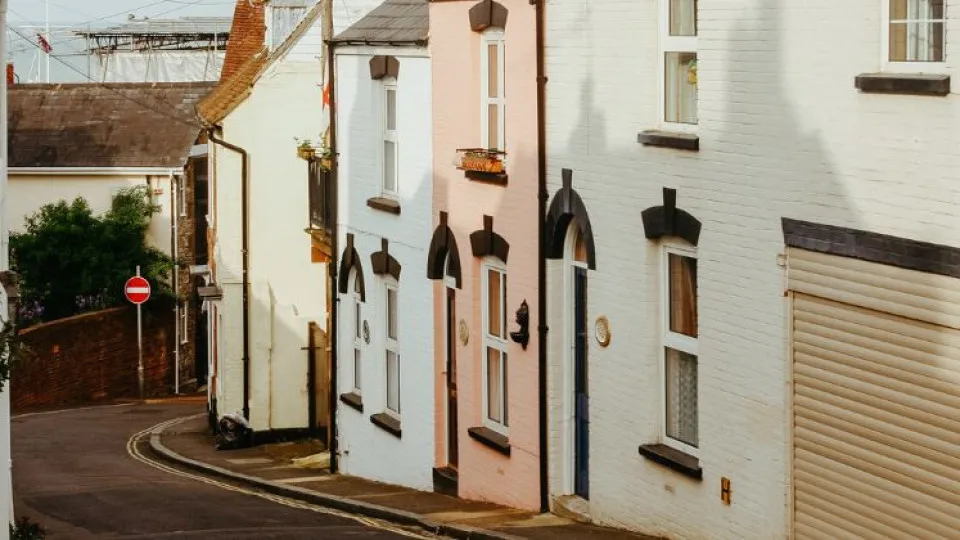
Specialists foresee worsening of housing crisis in 2025.
Specialists warn that the housing crisis in Portugal could worsen in 2025, with high prices and still insufficient supply to meet demand.
Housing crisis will worsen in 2025? Experts say yes
Although it is not possible to predict the future, several experts are already stating that the current housing crisis in Portugal will continue to worsen in 2025. In Notícias ao Minuto, you can read the opinion of several experts on the topic:
"We really need to end this idea that the situation has a physical limit, that it cannot get worse anymore," warns economist Guilherme Rodrigues.
"There is no evidence of a slowdown," as the market reaction in recent months, even with the Government's legislative package, resulted in "an acceleration of price increases and not the opposite," points out the coordinator of the latest study by the association Causa Pública, which concluded that Portugal faces one of the biggest housing crises in Europe.
Ricardo Guimarães, economist and managing partner of Confidencial Imobiliário, shares the same forecast. The end of 2024 registered "a period of transaction growth and price acceleration", mentioning that there is "a lot of demand pressure and a reduced supply base".
In 2025, prices may "have some stabilization, but at a high value", anticipates. "When we say that prices stabilize, it doesn't mean that houses get cheaper," clarifies.
On the other hand, next year is expected to see "a significant increase in housing production", which "is good news".
This is because "there are many projects that have been postponed, and with the reduction in interest rates and increased demand, they will be able to enter the market," explaining that about "50,000 homes" will be "relatively ready to go."
However, the question is to know "to what extent it will or will not be viable for this offer (...) to be accessible", since "cost factors remain very rigid and high", whether it is land, construction, or taxation.
"It is not very easy to imagine that there will be a substantial increase in affordable supply, so the crisis, in this sense, does not seem to worsen in the year 2025," predicts.
In this scenario, it is recommended to promote the rental market, "victim of instability, from a legislative perspective."
In this article, what is missing are "guarantees," summarizes the president of the National Association of Property Owners, anticipating "zero improvements" in 2025, especially because "the Government doesn't listen to anyone" and has followed the motto "I want, I can, and I command".
Since "houses have owners", it would be "of the most basic intelligence to speak with the owners of the houses" to see what can be done because "houses are not lacking, there are thousands and thousands of houses that are empty," notes António Frias Marques.
These unoccupied houses have led thousands of people to the streets twice already, in national demonstrations called by the House to Live.
Involved in this civic platform, Rita Silva stresses that "this year has seen a significant worsening" in access to housing, anticipating that "the problem can only persist".
Accusing the current executive of being "aligned with speculative interests," the researcher and activist recalls: "Promoted the repeal of the few advances we had achieved on the streets, such as some restrictive measures on AL [local accommodation], announced that it will reinstate non-resident habituals, repealed the limits on rent increases or coercive renting."
Furthermore, "since it refuses to regulate the market", the announced policies - tax incentives and more construction through public-private partnerships - "will not solve the housing crisis".
Measures like these "will not be effective anytime soon, they will always be for a small population and do not address the structural crisis we have today," considers.
Therefore, Portugal will be, in 2025, a country where social inequality will increase, "between luxury and shacks," predicts Rita Silva, anticipating "an increase in homeless people, silent evictions on a large scale, and self-construction, which is once again a reality for thousands of people looking for a shack to live in, without proper conditions, with problems accessing water, electricity, and sanitation."
Architect Tiago Mota Saraiva shares this "unpleasant projection", reminding that "housing is always a reflection of a social problem", which is not resolved just by handing over the keys to a house.
"We can already foresee, with the data we have, that prices will increase much more, be it rent or property purchasing," he points out, criticizing "the logic of selling public assets" adopted by the current government."
"This type of State intervention in a booming market with astronomical sales and huge profits for real estate agencies will cause prices, all of them, to rise even more," anticipates.
On the other hand, regarding public housing and the funds of the Recovery and Resilience Plan (PRR), the architect highlights that its application should be "less bureaucratic and more transparent".
"The economist Guilherme Rodrigues concludes that it is not realistic to believe that we will not make up for the losses in the next few decades, because we are so far behind and because, on its own, the construction sector, works, and everything else have other priorities in the PRR."
The housing crisis may worsen, but if you plan to buy a house in 2025, it will all be a matter of finding the right and most suitable housing credit proposal in the market for you. In order to do so, credit intermediaries from Poupança no Minuto can help in the search and comparison of proposals, handling all the bureaucracy and communication with banks, at no cost! (Source: Poupança no Minuto)
Start now by simulating the best financing proposal here: